WaiveCar – Electric Rental Cars
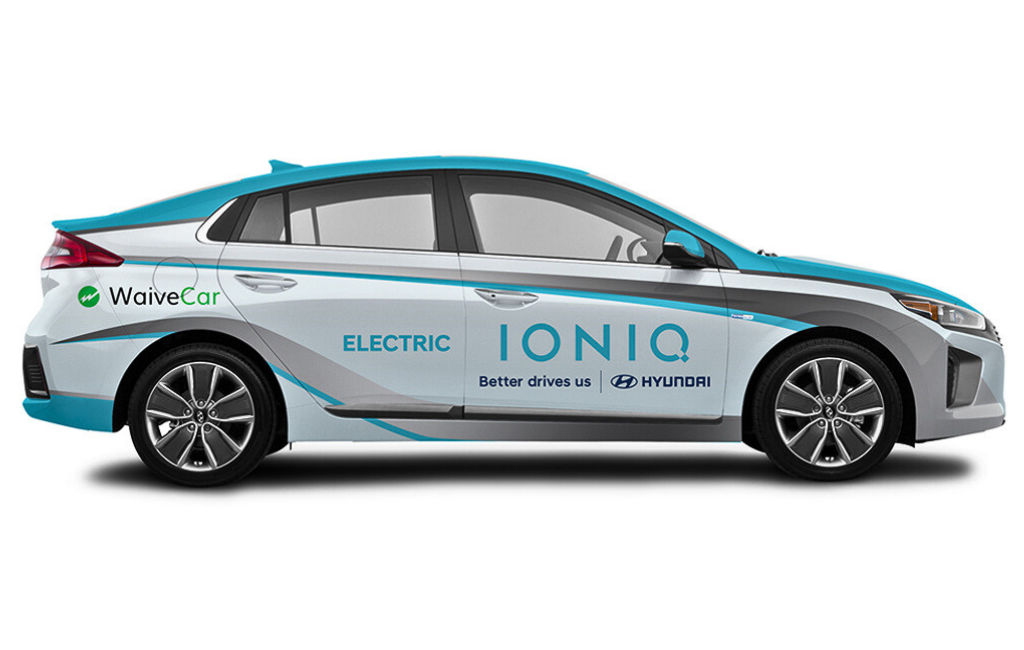

DEAL
EPISODE SUMMARY
🕓 Air Date: October 29, 2017
Asking For:
$500,000 for 2%
Investor:
Kevin O'Leary
Deal:
$500,000 for 2% + 80% off of unused advertising space
PRODUCT SUMMARY
WaiveCar is the world's first all-electric and free car-sharing service that allows users to drive electric cars for free for two hours, funded through advertising.
WATCH HERE
IN A RUSH?
Click these to jump to the section you want to read.
Background Story
WaiveCar, founded by Isaac Deutsch and Zoli Honig, originated in Santa Monica, Los Angeles. The founders envisioned a sustainable and cost-effective approach to personal transportation. Their backgrounds in technology and innovation led them to develop a unique business model that merges electric car-sharing with advertising. The idea sparked when they recognized the potential of utilizing electric cars as a platform for advertising while providing users with a free, eco-friendly transportation option.
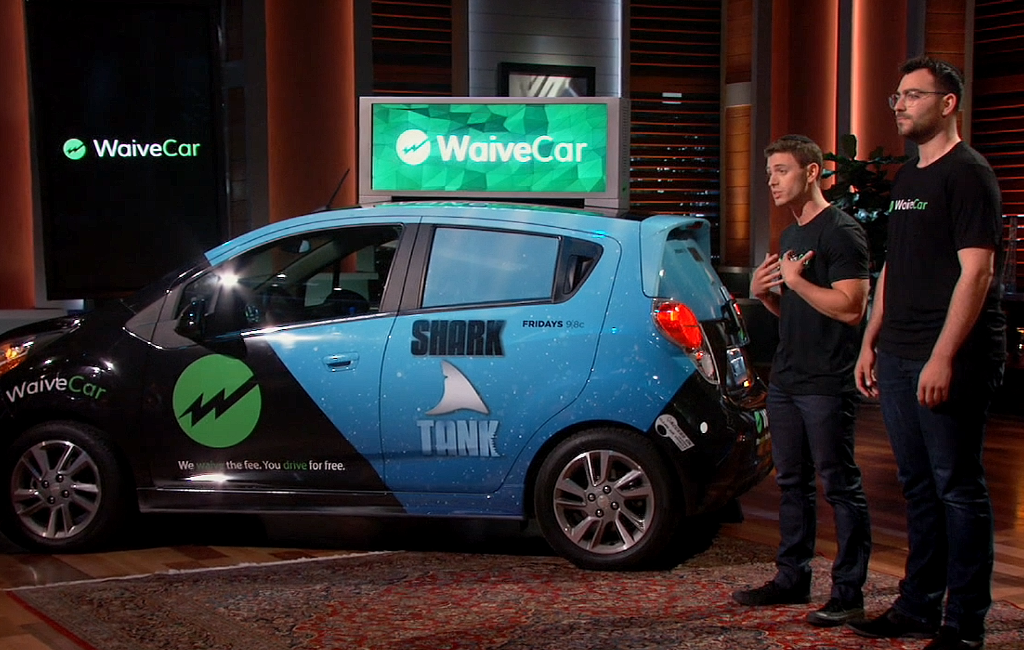
The founders launched WaiveCar in Los Angeles just five months before entering the Shark Tank. The company’s base in Santa Monica, with 20 electric vehicles already on the road, showcased rapid growth. Their strategy involved offering electric cars for free for two hours, with users contributing to the cost by driving vehicles wrapped in dynamic advertising content. This innovative approach aimed to tackle the environmental impact of traditional cars and make electric vehicles more accessible.
The Product
WaiveCar’s product is a groundbreaking concept in the realm of personal transportation. Users can access electric cars for free for a two-hour period through the WaiveCar app. The company generates revenue by displaying ads on electric cars, which are equipped with vinyl advertising wraps and military-grade, dual-sided LCD displays. These displays can showcase dynamic ad content based on factors like time, GPS location, and user demographics.
To use WaiveCar, customers simply download the app, sign in, and locate available electric cars on the map. After selecting a nearby vehicle, they can reserve it and enjoy two hours of free, eco-friendly transportation. Users are required to return the car to any public meter in the city of Santa Monica.
WaiveCar’s unique selling proposition lies in its advertising model. Companies pay WaiveCar to display ads on their electric cars, turning them into mobile billboards. The founders emphasize the exclusivity of their display technology, highlighting its safety and crash-tested features. They have an exclusive agreement with the manufacturer, holding over 200 patents on the display technology.
Pricing for extended usage beyond the initial two free hours is $5.99 per hour. WaiveCar’s cost structure involves a monthly cost of approximately $1,000 per car, including insurance, with a break-even point of around $1,500 per car.
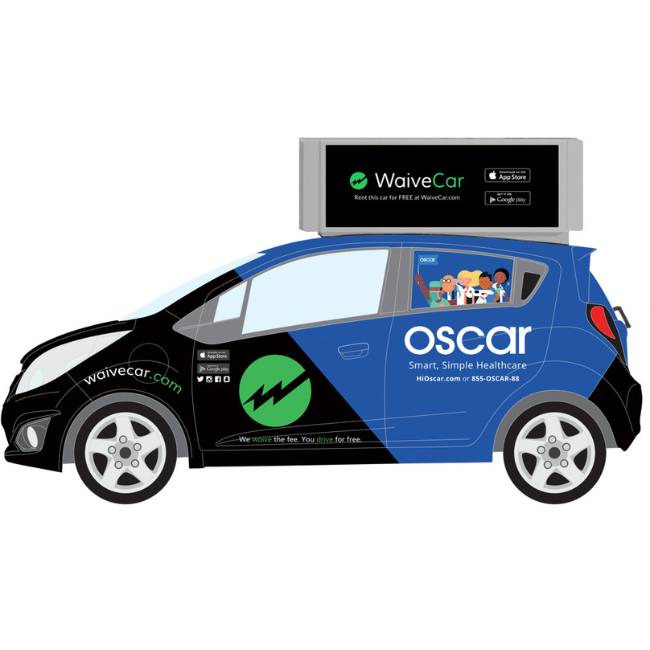
How It Went
The company’s position before Shark Tank
In the five months since its launch, WaiveCar demonstrated impressive growth with 4,300 users and 20 electric cars on the road. The company achieved this without any marketing expenditure, relying on the appeal of free electric transportation. Their revenue model involves companies paying for advertising space on WaiveCar vehicles, and initial partnerships included advertisers like Oscar Health Insurance.
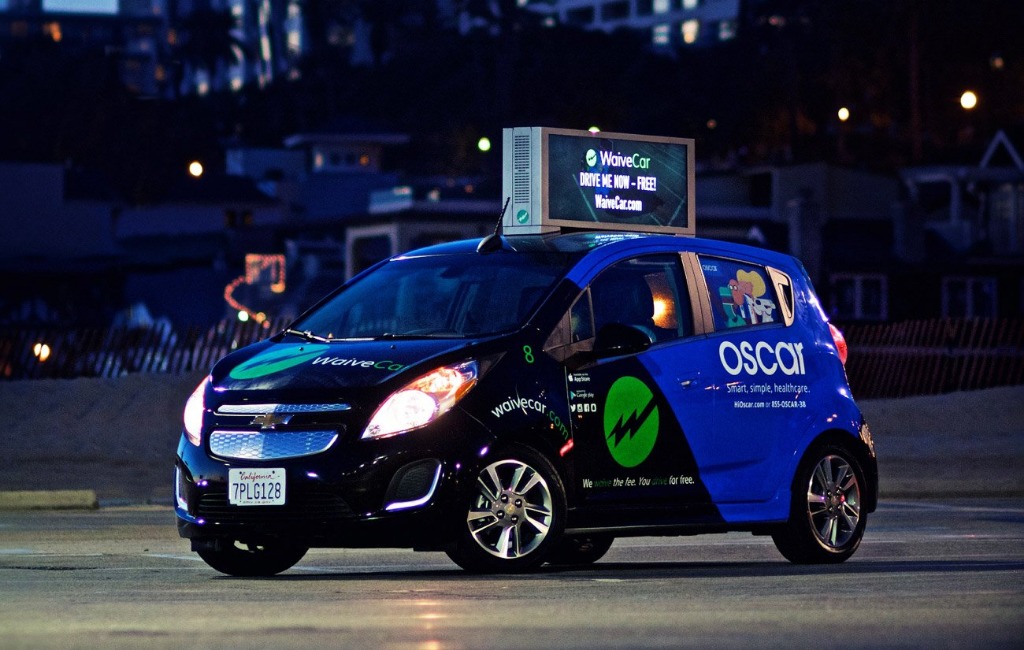
WaiveCar had raised $1.3 million in funding, providing a financial foundation for expansion. The founders acknowledged the capital-intensive nature of their business, noting the need for more cars to meet the growing demand. The financial projections indicated the potential for significant profitability as the fleet expanded, with revenue estimates reaching $12 million for 200 cars.
The main challenge presented during the pitch was the perceived vulnerability to competition from larger players like Uber. The Sharks questioned the proprietary nature of WaiveCar’s technology and its ability to withstand competition.
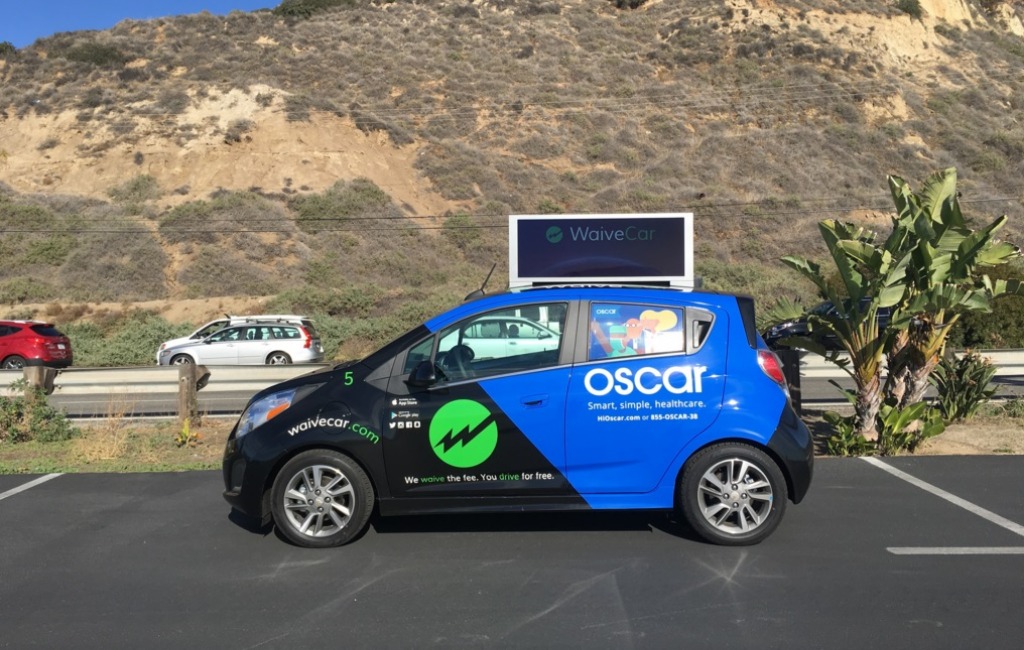
The Negotiations:
The negotiations in the Shark Tank were intense, with Mark Cuban expressing concerns about the advertising market’s saturation and declining rates. Both Mark Cuban and Chris Sacca decided not to invest due to uncertainties about WaiveCar’s proprietary advantages and the competitiveness of the advertising space.
Barbara Corcoran and Kevin O’Leary presented offers, with Corcoran valuing the company at $5 million and O’Leary proposing a loan with 12% interest and 4% equity. Lori Greiner then made a straightforward equity offer of $500,000 for 10% of the company.
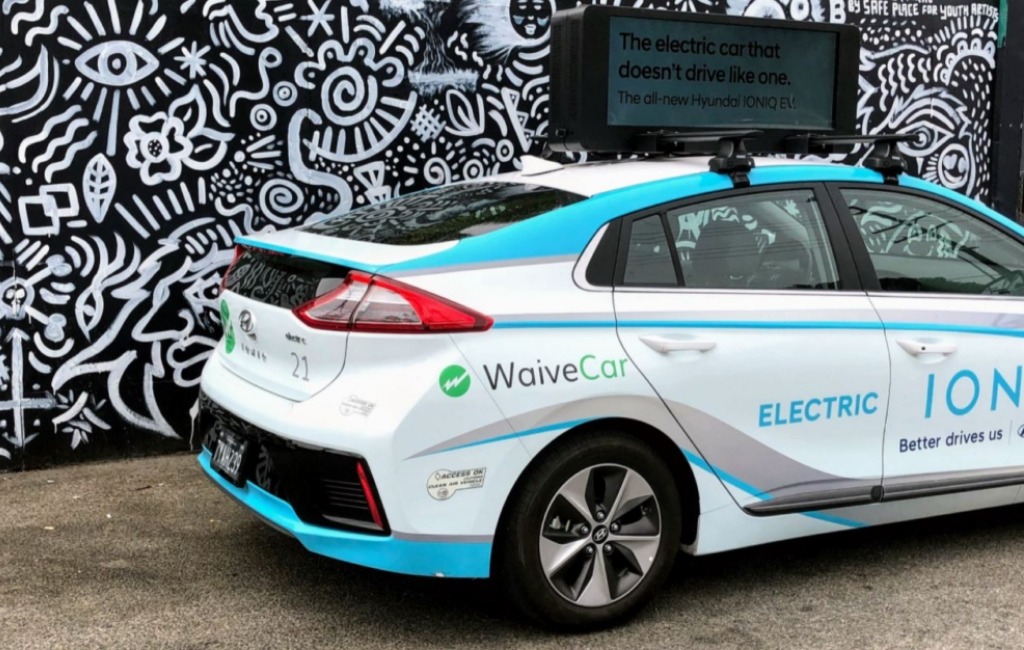
Negotiations intensified as the founders countered the offers. They negotiated with O’Leary, settling on a $500,000 investment for 2.25% equity. The negotiation included adjustments to the equity percentage and considerations for unsold digital advertising slots.
Ultimately, the founders accepted O’Leary’s deal of $500,000 for 2%, showcasing their confidence in his financial expertise and belief in the potential success of WaiveCar. The negotiation highlighted the challenges of valuing a young company with a unique business model in a competitive market.







